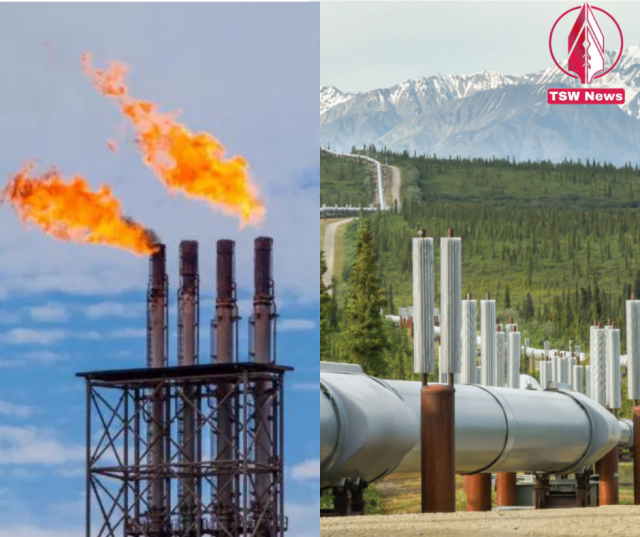Australia Plans Big Boost of Gas Production despite Climate Concerns
- Posted on May 9, 2024
- News
- By Arijit Dutta
- 114 Views
Australia plans to ramp up gas extraction and use until 2050 and beyond, drawing backlash for prioritizing fossil fuels over climate action despite global calls to urgently transition away from oil, gas, and coal.

Australia stated yesterday they will increase the amount of gas they mine and utilize until the year 2050 at the very least, meanwhile, environmentalists and scientists proclaim that this is in contradiction with the immediate need to phase out fossil fuels and switch to renewable energy.
The fresh gas plan, declared by the newly elected PM Albanese, includes working with the industry to boost both production and exploration of gas in the entire country. Additionally, it promises to secure funding for the expansion of existing large-scale gas facilities operated by companies such as Chevron and Woodside Energy.
The Government maintains that the policy is a key step towards meeting the goal of becoming carbon neutral by the year 2050 in line with the country's ambitious target. However, critics have labeled it as a "reject of science" that places the interests of the powerful fossil fuel companies above climate action.
"Fossil gas is not a transition fuel - it is a huge contributor to global warming" - Bill Hare, the Climate Analytics professor who is an author of many UN climate reports. "The gas policy which is building on net zero will be a key factor in amplifying the global warming to even above 2.7C."
This new gas plan emerges during a time when countries worldwide are being pressured to speed up the elimination of coal, oil, and gas to meet the objective of keeping global temperature growth at 1. It would be 5C warmer than the pre-industrial level which the world has already crossed.
Australia is among the biggest producers of liquefied natural gas (LNG), and the authorities have said the increased production is needed to stay a "reliable trading partner" to countries like China, Japan, and South Korea, which are the major LNG importers. Nevertheless, gas currently contributes 27% to the country's domestic energy supply and about the same to the emissions level.
Also Read: Dubai Drenched: Artificial Rain Meets Climate Change
The Independent Senator David Pocock went as far as saying the policy was "morally bankrupt, negligent, and just plain stupid. " The environmental groups, on the other hand, argue that this policy parades the government as the one that is dealing with the existential threat of climate change through the short-term benefits.
At the current rate of global warming, the gas strategy appears to be an attempt by Australia to contradict its climate targets and a growing global push to very quickly shift from fossil fuels.




